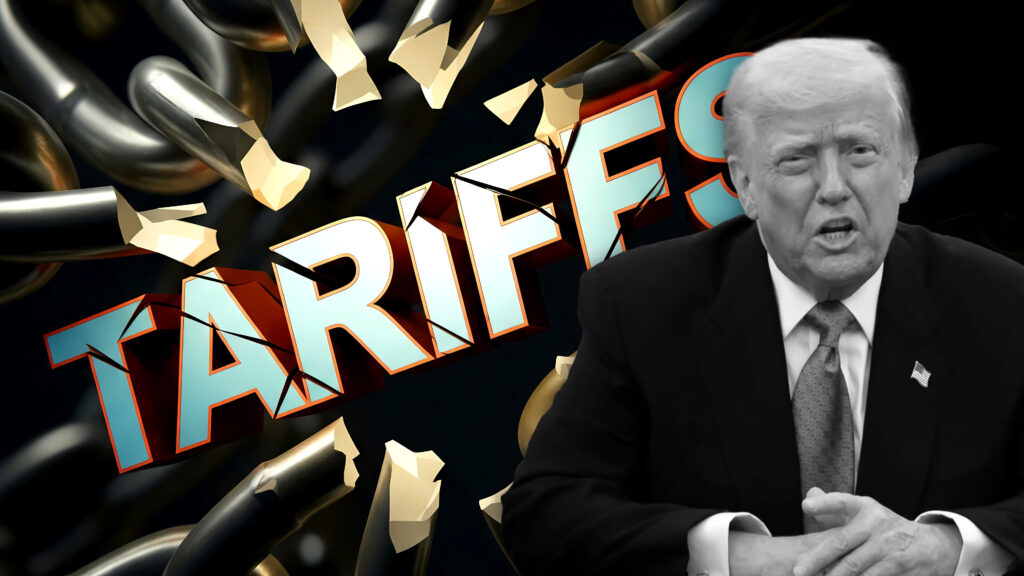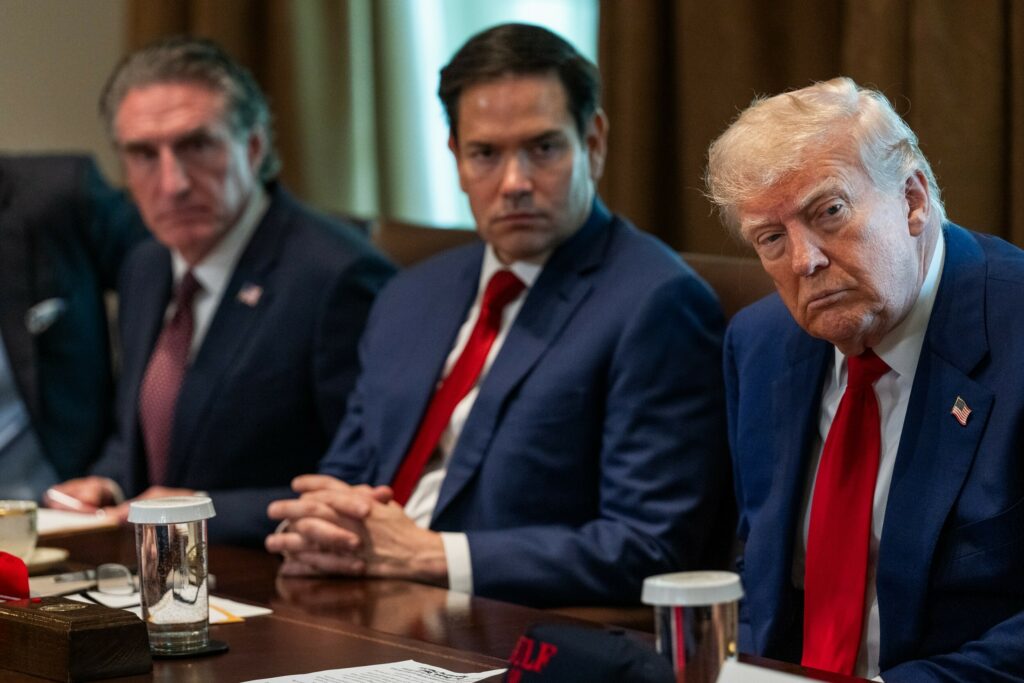
- The United States Court of International Trade has struck down most of Trump’s tariffs.
- The court determined the IEEPA doesn’t give the president “unbounded authority.”
- A 25% tariff remains on cars and automotive parts as it was justified under another law.
Update: While we all sit tight for the Supreme Court’s verdict, a federal appeals court has decided to hit the brakes on the lower court’s ruling that tossed out most of President Trump’s tariffs. CNBC reports that this temporary pause gives the administration some breathing room to contest the decision. The court also gave the US a week to respond, with the government getting its turn to reply by June 9, 2025.
var adpushup = window.adpushup = window.adpushup || {que:[]};
adpushup.que.push(function() {
if (adpushup.config.platform !== “DESKTOP”){
adpushup.triggerAd(“0f7e3106-c4d6-4db4-8135-c508879a76f8”);
} else {
adpushup.triggerAd(“82503191-e1d1-435a-874f-9c78a2a54a2f”);
}
});
The United States Court of International Trade normally flies under the radar, but it burst into the spotlight yesterday by determining President Trump exceeded his authority by applying broad tariffs worldwide – even on uninhabited islands.
While there’s a lot to unpack, the court determined “The Constitution assigns Congress the exclusive powers to ‘lay and collect Taxes, Duties, Imposts and Excises,’ and to ‘regulate Commerce with foreign Nations.’”
They also found that Trump’s use of the International Emergency Economic Powers Act of 1977 (IEEPA) does not confer “unbounded authority” to “impose unlimited tariffs on goods from nearly every country in the world.” Given this, it’s not surprising to learn the tariffs challenged in the lawsuit were ordered to be put aside.
More: Trump Imposes Sweeping 25% Tariff On Non-US Made Cars And Parts
While that’s the gist of the 50 page ruling, the court went on to say “The Worldwide and Retaliatory Tariff Orders exceed any authority granted to the President by IEEPA to regulate importation by means of tariff.” This is because they “do not deal with the threats set forth in those orders.”

White House
This sets up another showdown as the Trump administration has reportedly filed an appeal. The Associated Press reports the “Supreme Court will almost certainly be called upon to lend a final answer,” so that means the question of tariffs could be decided by a court that leans to the right.
While the ruling shot down a number of tariffs, it didn’t get rid of all the ones imposed by President Trump. Notably, the 25% tariff on imported cars and parts remain in effect as the administration used the Trade Expansion Act of 1962. The AP says it’s a similar story with steel and aluminum tariffs, so automakers are still under pressure.
var adpushup = window.adpushup = window.adpushup || {que:[]};
adpushup.que.push(function() {
if (adpushup.config.platform !== “DESKTOP”){
adpushup.triggerAd(“bb7964e9-07de-4b06-a83e-ead35079d53c”);
} else {
adpushup.triggerAd(“9b1169d9-7a89-4971-a77f-1397f7588751”);
}
});

White House
var adpushup = window.adpushup = window.adpushup || {que:[]};
adpushup.que.push(function() {
if (adpushup.config.platform !== “DESKTOP”){
adpushup.triggerAd(“bb7964e9-07de-4b06-a83e-ead35079d53c”);
} else {
adpushup.triggerAd(“9b1169d9-7a89-4971-a77f-1397f7588751”);
}
});